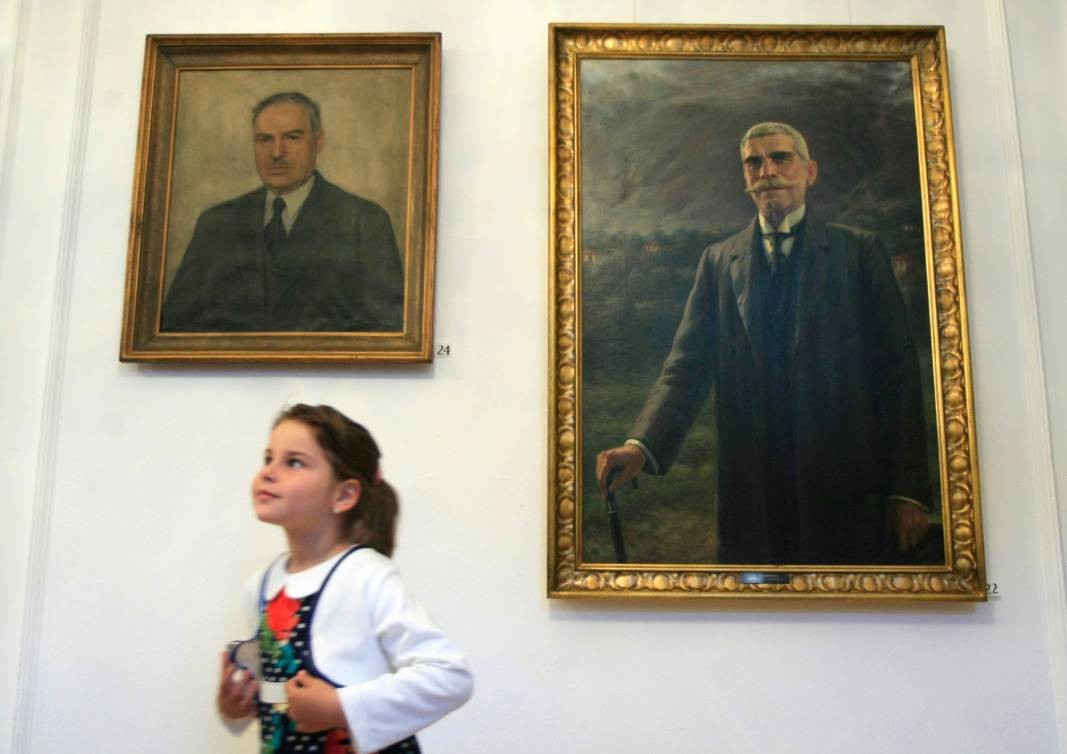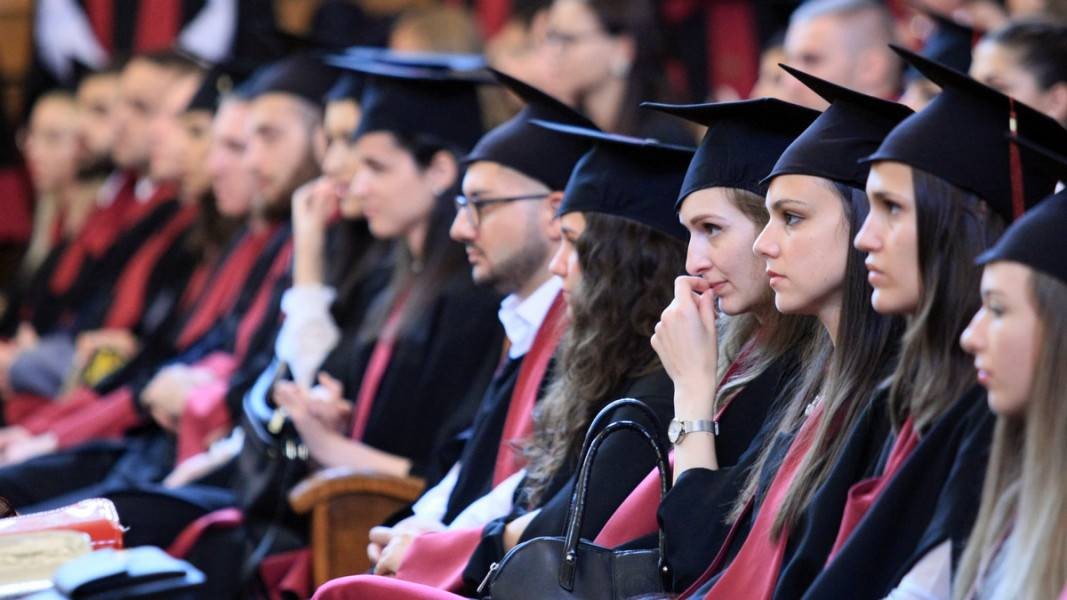


Iranian film director Mohammad Rasoulof has received the special award of the international film critics FIPRESCI Platinum at the Sofia Film Festival . He was awarded the prize during the Sofia Film Fest before the screening of his new film “The Seed of..
A photo exhibition to mark the 96th anniversary of the beginning of organised speleology in Bulgaria will be opened today on the Lovers' Bridge near the National Palace of Culture (NDK). This was announced by the organisers of the "Pod Raba" (Under the..
The UK-based publishing house Heloise Press has recently published Zdravka Evtimova's novel A Reserve for People and Wolves , which was published in Bulgaria by Jeanette 45 publishing house in 2022. The English title of the book is The..
The Symphony Orchestra of Vratsa – Simfonieta, has become a haven for violinist Alena Chekhova. She was born in the Russian city of..

+359 2 9336 661
